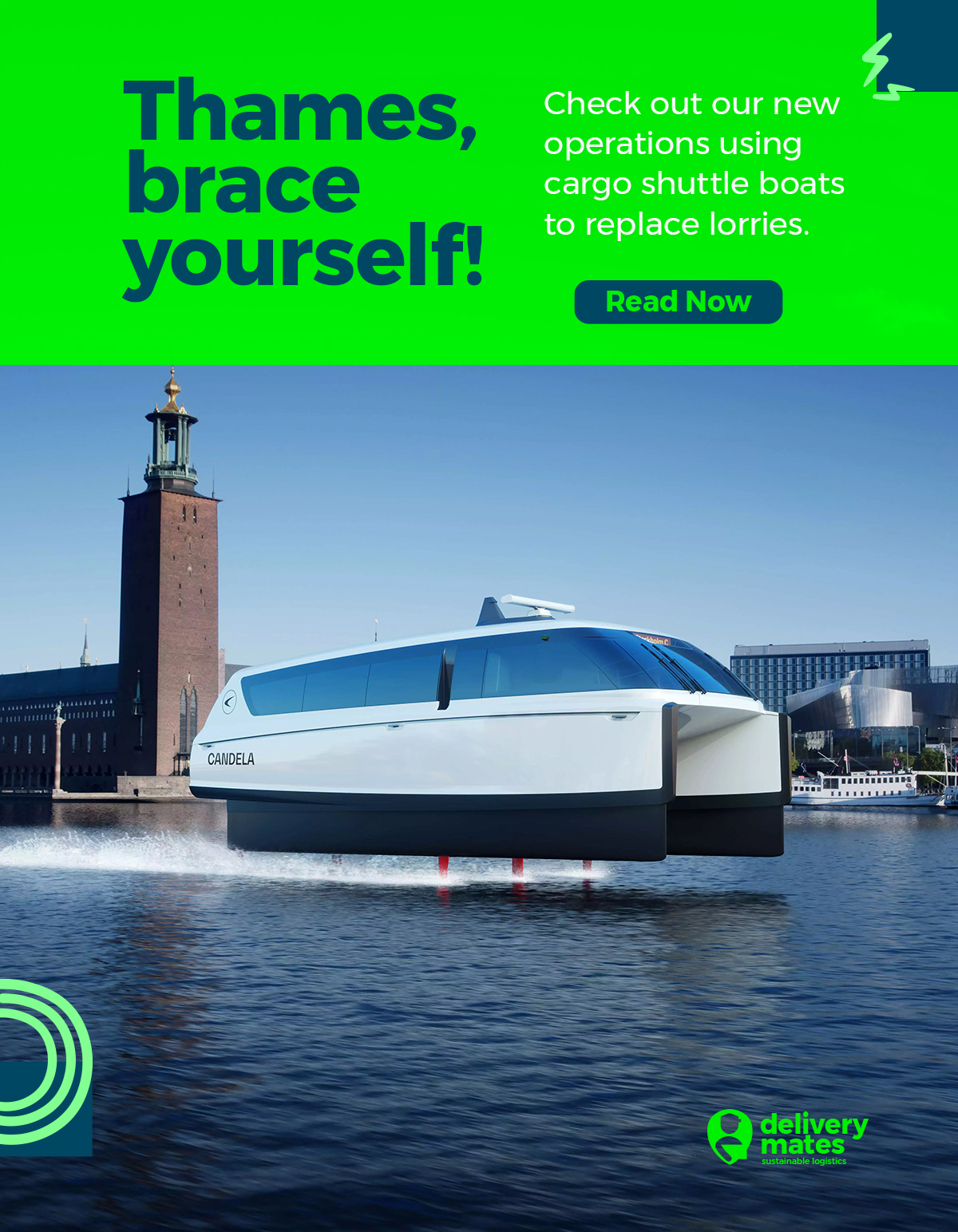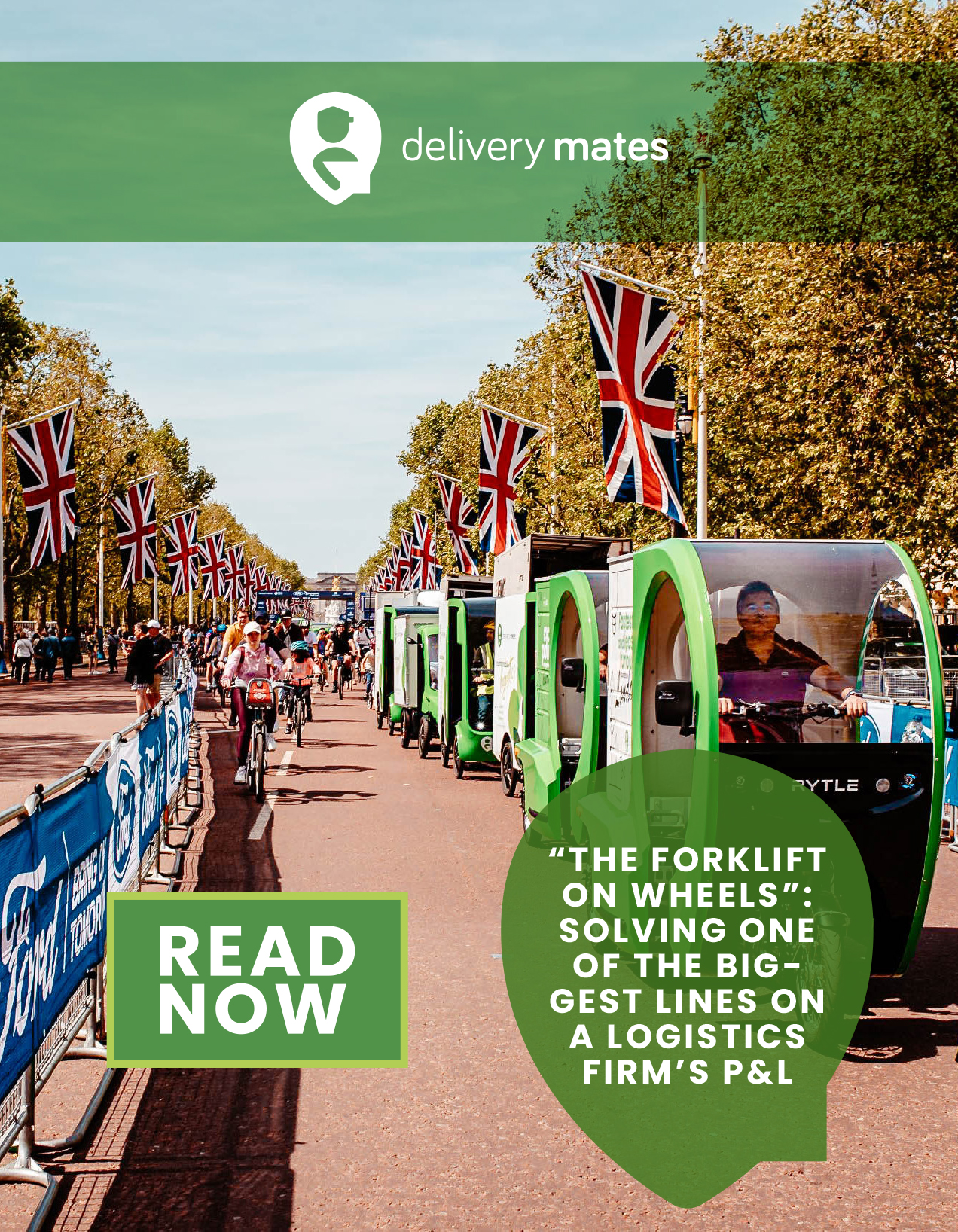A new report by the London Assembly Economy Committee is calling for London businesses to receive further incentives to shift away from diesel vans to cargo bikes.
Titled ‘Winning the Race to Net Zero for London’s Businesses’, the report urges the Mayor to provide further funding to local authorities for cargo bike sharing schemes and cargo bike training, to help businesses achieve net zero.
Freight vehicles, both large goods vehicles (LGVs) and heavy goods vehicles (HGVs) currently make up 17% of the total vehicle miles in London, but contribute proportionately more to emissions and poor air quality.
“Cargo bikes are an excellent solution to the challenges that many of our businesses have when it comes to getting around London,” Hina Bokhari AM, Chair of the London Assembly’s Economy Committee, told Zag Daily.
“It’s also a cleaner, more efficient way for businesses to move their goods around the city. Congestion does cost businesses money, as they are spending more time in traffic and queuing.”
More cargo bike incentives
The committee has published 13 recommendations.
They include the introduction of a quality mark to award London’s businesses that use cargo bikes; that the Mayor of London should lobby the government to introduce a further round of funding for local authorities to procure e-cargo bikes; and increase the funding for Transport for London’s (TfL) scrappage scheme once the current £100m of funding runs out.
The scrappage scheme provides low-income Londoners with grants to scrap or retrofit their older vehicles and use cleaner modes of transport.
It also asked TfL for actions to raise the scheme’s awareness among different types of businesses.
The report found that cargo bikes cost up to £12,500 and allow businesses to travel within the ULEZ (Ultra Low Emission Zone) for a relatively low upfront cost, compared to other low emission vehicles such as electric vans. It heard that the cheapest electric van costs around £24,000.
“Freight vehicles also have a negative impact on emissions, air quality, congestion and road danger in London,” said Bokhari. “We believe that we need to do more to incentivise businesses to make that shift and also provide the infrastructure in London to enable a more wide-scale transition.”
TfL’s cargo bike action plan
This comes as TfL has recently launched London’s first Cargo Bike Action Plan to promote cargo bike use and address barriers that inhibit or prevent a shift from vans to cargo bikes.
Key actions include developing a safety standard for cargo bikes; exploring the use of micro-hubs; monitoring key cargo bike routes; using procurement policy to support further cargo bike uptake; and ensuring capacity for cargo bikes in future TfL cycling schemes.
To Bokhari, the initiative is a good starting point but needs to go further. “We think that the Mayor of London could explore further funding and get help from local authorities. They are the key to making sure that this is a successful way forward for businesses.
“We need more incentives for businesses to change not from a car to another car, but actually from a van to a cargo bike.”
Cargo bike initiatives
Also in London, the Cross River Partnership recently launched an initiative where boats bring pallets of goods down the River Thames. These are unloaded onto cargo bikes for the last leg of the delivery process, thereby making streets safer, cleaner and less congested.
The trend is endorsed by recent research by Pedal and Post which found that UK taxpayers could save over £4bn in public health and other services if delivery companies shifted to cargo bikes for first and last-mile deliveries.
Across the Atlantic, the New York City Department of Transportation (DOT) has also launched a pilot programme to test “microhubs” where goods will be transferred onto smaller vehicles such as cargo bikes to complete the delivery.










